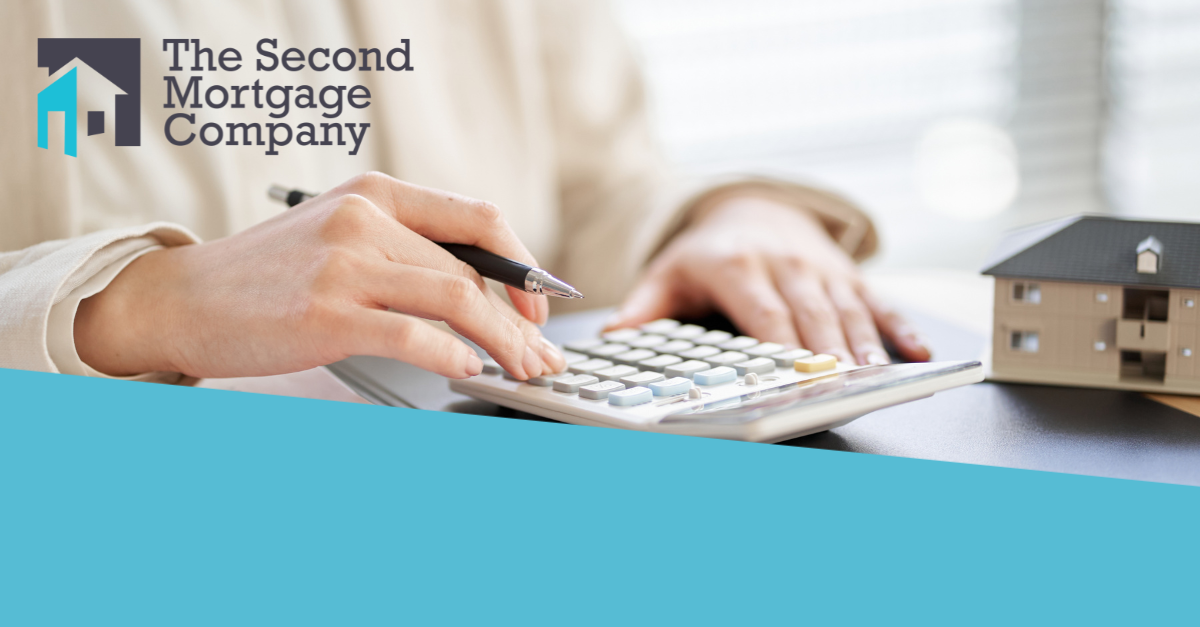How to Avoid Early Mortgage Repayment Fees

What Are Early Repayment Fees?
Early mortgage repayment fees, also known as early repayment charges (ERCs), are fees that lenders may apply if a borrower repays their mortgage before the agreed-upon term.
ERC’s apply to second mortgages as well as first mortgages. These fees compensate lenders for the interest income they lose from early repayment. They’re particularly common in fixed-rate or discounted-rate mortgages, where lenders have calculated their returns over a set period.
ERCs are meant to deter borrowers from switching mortgages too soon, as frequent switching can disrupt the lender’s revenue.
Common Situations Where Fees Apply
If you remortgage with a different provider before your current mortgage term ends, you may incur fees.
It's important to discuss your financial plans carefully with your mortgage advisor so that they can provide options that will ensure that you avoid mortgage exit fees. It is possible to get a mortgage with no early repayment charges.
Another scenario where you may incur an early mortgage payment penalty is if you are unexpectedly able to pay off your mortgage earlier than you anticipated. For example you may receive a lump sum of money through inheritance.
By making a large lump-sum payment. Lenders vary, while some allow you to make unlimited capital repayments, others might charge a fee for a partial repayment. This information will be clearly stated in the mortgage illustration that your mortgage broker provides to you prior to taking out the mortgage.
Porting your mortgage if you are moving home may incur fees if done before the term ends.
Calculating Your Potential Fees
In the first instance you should check the terms of your existing mortgage product. Look at your ESIS (European Standardised Information Sheet) or mortgage agreement / offer, or ask your lender for the specific early repayment charge (ERC) percentage.
The amount of any type early repayment charge is normally expressed as a percentage. For example you may be charged a fee of 2% if you repay the loan in the first year. If you had taken a mortgage of £150,000 and were to redeem the mortgage after only 10 months, you would incur a penalty of £3,000.
Keep in mind that you will pay an early repayment charge on the entire mortgage balance. This charge may include arrangement fees, a product fee, and legal fees.
- Determine the Outstanding Balance: Calculate the amount you plan to repay early.
- Apply the ERC Percentage: Multiply the outstanding balance by the ERC percentage.
- Consider Overpayment Limits: Some mortgages allow overpayments without fees up to a certain percentage annually, which could reduce costs.
Consulting a broker can also help clarify specific fees.
Benefits Of Using A Mortgage Broker
Any mortgage broker that you use must be authorised and regulated by the Financial Conduct Authority (FCA)
A professional mortgage broker should have access to an extensive number of lenders to enable them to source the best deal possible for you. They can look at all types of mortgages, including a tracker mortgage, fixed rate period mortgage, discounted mortgage, variable rate mortgage, or buy to let mortgage.
A good mortgage broker should also be able to advise on second mortgages, also known as second charges, secured loans or homeowner loans. It maybe if you are looking to raise say £50,000, it might be better to keep your existing mortgage to avoid paying early redemption charges and take out a second mortgage. If you were to remortgage you may pay ERC's depending on the terms on your current mortgage offer.
A broker will also know how each lender works and the paperwork required to enable a quick completion.
Options For Reducing Mortgage Repayment Fees
- Make Partial Overpayments: Many lenders allow small, annual overpayments without penalties, typically for example up to 10% of the loan balance.
- Choose a Flexible Mortgage: Opt for mortgages with no or lower early repayment charges if you think you might repay early. Your broker will be able to recommend lenders that charge low or no fees to settle your loan early.
- Time Your Repayment: Repay once any fixed or introductory term has ended, as fees typically drop or disappear after this period. Lots of second mortgage loans are taken over a 2 year, 3 year or 5 year fixed period, meaning at the end of the fixed period there are no early repayment charges to pay.
- Negotiate with Your Lender: Sometimes lenders may waive fees for loyal customers or under special circumstances.
- Consider Porting: If moving, transferring (porting) your mortgage to a new property might avoid fees.
Alternatives To Early Repayment
- Refinancing: Remortgaging with a different lender could help you secure a better deal without the early repayment fees.
- Extra Payments within Limits: Many mortgages allow overpayments up to a set percentage without fees, so take advantage of these limits.
- Switching to a Flexible Mortgage: Opt for a mortgage that offers flexibility in repayments without penalties.
- Debt Consolidation: Consider consolidating high-interest debts into your mortgage if fees are less than the interest on unsecured loans.
FAQs On Early Mortgage Repayment Fees
- How much are early repayment fees? Typically 1-5% of the outstanding balance, depending on the lender and mortgage type.
- When do these fees apply? They usually apply if you repay during the introductory period, make large overpayments, or switch lenders.
- Can I avoid or reduce these fees? Yes, through partial overpayments, flexible mortgages, or waiting until the fixed term ends.
- Are early repayment fees tax-deductible? Generally, no, but always check with a tax advisor.
